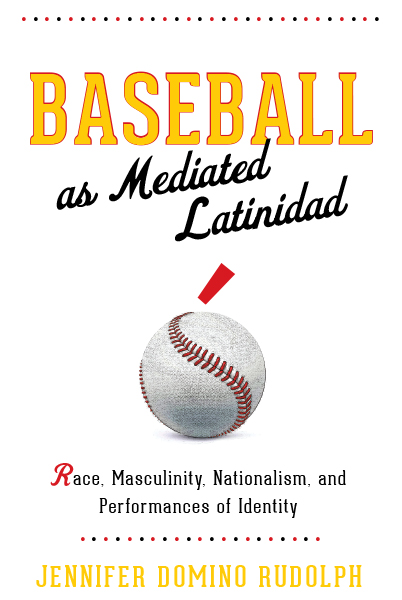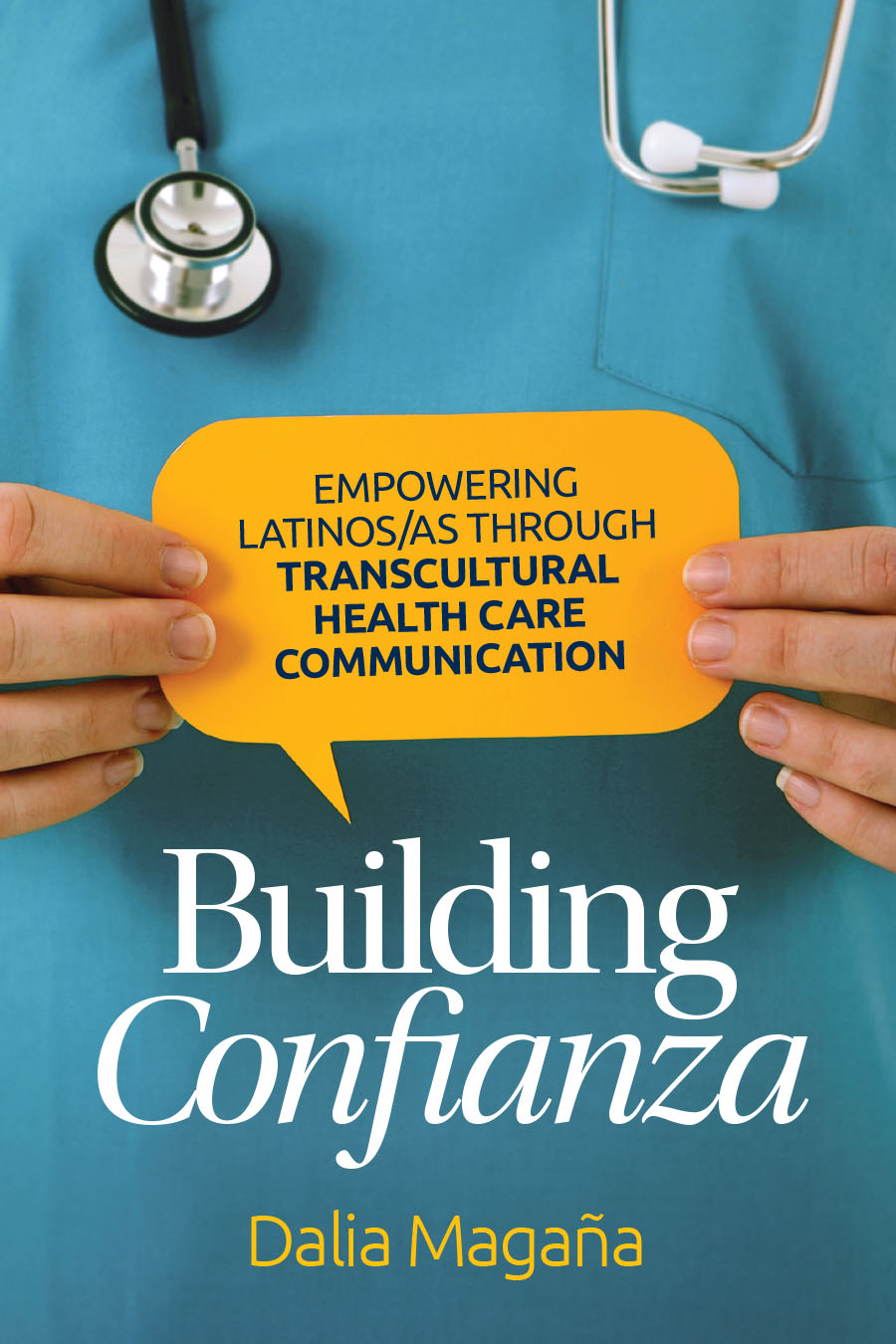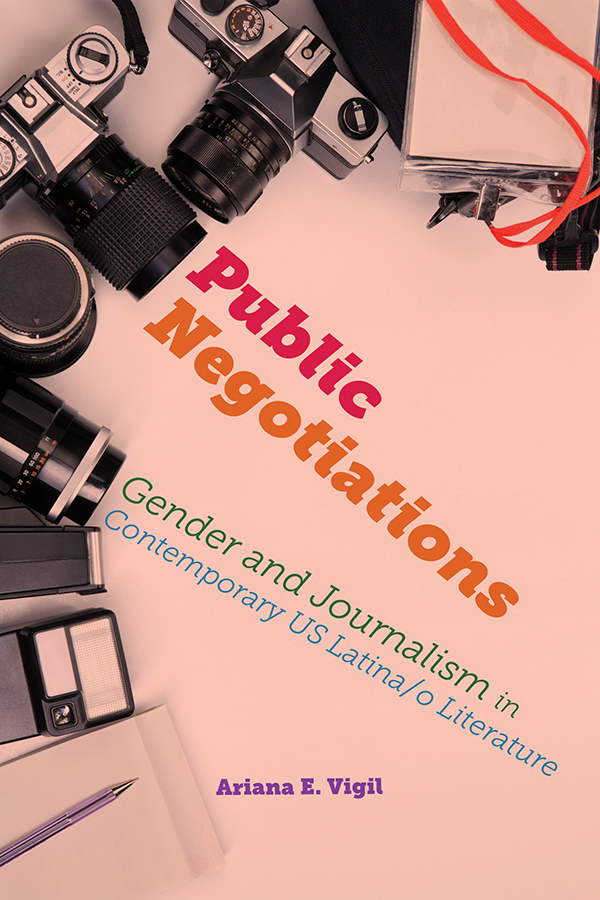“This timely book offers an important contribution to the field of health care by providing a thorough and nuanced linguistic analysis. It is replete with detailed, authentic discourse examples that can be used to model appropriate interactions with patients and enhance current instruction of Spanish for health care professions.” —Karol Hardin, author of Conversational Spanish for Medical Professions: Activity Manual
Dalia Magaña’s Building Confianza demonstrates that effective doctor-patient communication in Spanish requires that practitioners not only have knowledge of Spanish but also have transcultural knowledge of Latino/a values and language use. Using linguistic analysis to study real-time doctor-patient interactions, Magaña probes the role of interpersonal language and transcultural competency in improving patient-centered health care with Spanish-speaking Latino/as, highlighting successful examples of how Latino/a cultural constructs of confianza (trust), familismo (family-orientation), personalismo (friendliness), respeto (respect), and simpatía (kindness) can be deployed in medical interactions. She proposes that transcultural interactions entail knowing patients’ cultural values and being mindful about creating an interpersonal connection with patients through small talk, humor, self-disclosure, politeness, and informal language, including language switching and culturally appropriate use of colloquialisms. By explicitly articulating discourse strategies doctors can use in communicating with Spanish-speaking patients, Building Confianza will aid both students and providers in connecting to communities of Spanish speakers in health care contexts and advancing transcultural competence.
Dalia Magaña is Associate Professor of Spanish linguistics at the University of California, Merced.
Contents
List of Illustrations
Acknowledgments
Prologue
Chapter 1 Communicating with Latino/as in Health Care: Language Barriers and Transcultural Competence
Chapter 2 Psychiatric Interviews as a Genre and Patients’ Narratives
Chapter 3 Hacer Plática: Small Talk Subgenres
Chapter 4 Register of the Psychiatric Interview: Interlocutors, Power, and Solidarity
Chapter 5 Translanguaging in Health Care Interactions
Chapter 6 Expressing Verbal Modality and Other Politeness Strategies in Psychiatric Interviews
Chapter 7 Conclusions: Spanish and Transcultural Discourse in Health, Teaching, and Research
Appendix I Summary of Patients’ Backgrounds
Appendix II Sample of a Complete Interview
References
Index
Related Titles:

Baseball as Mediated Latinidad
Race, Masculinity, Nationalism, and Performances of Identity
Jennifer Domino Rudolph




